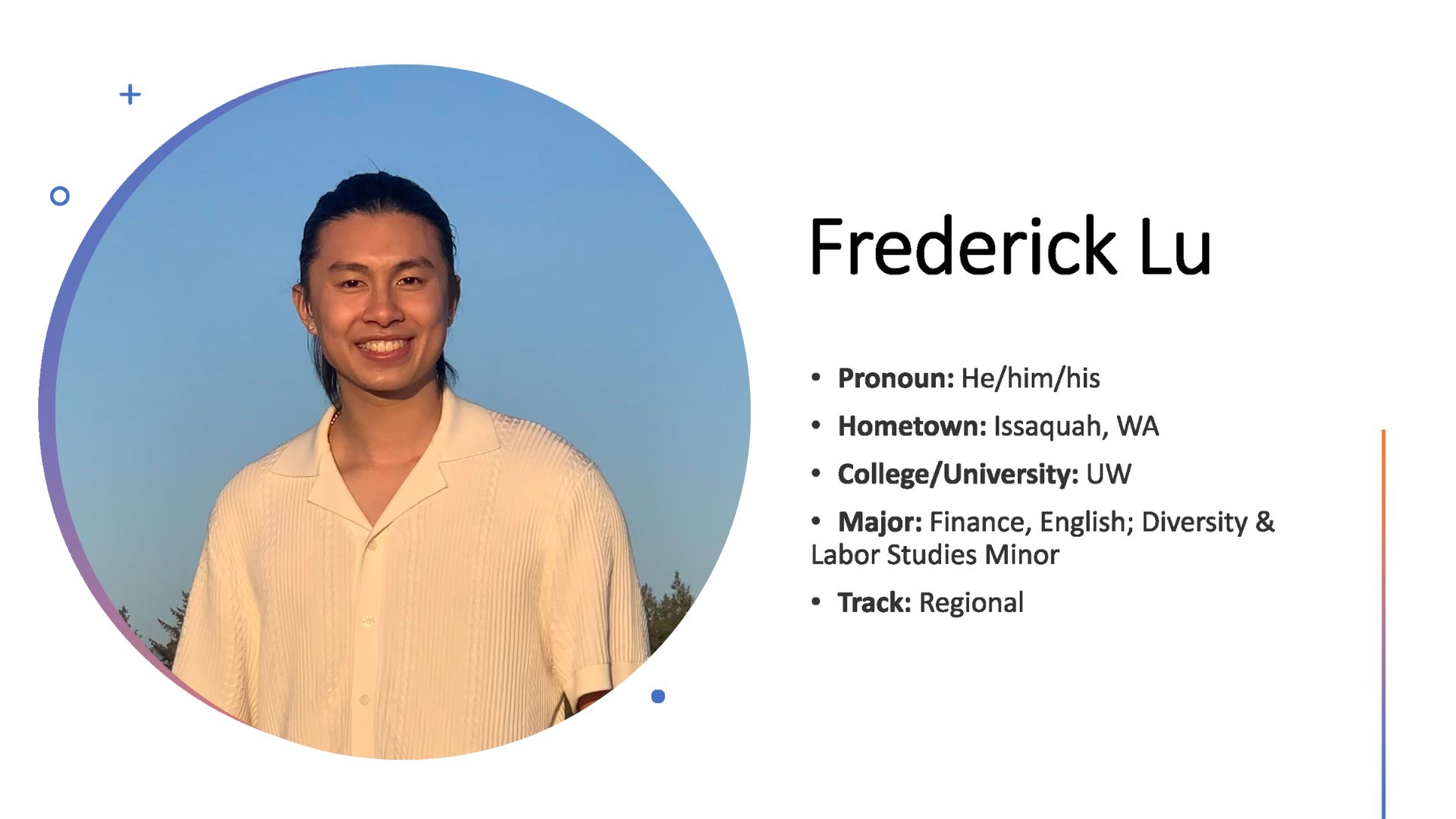Growing up as a second-generation Asian American in a predominantly white neighborhood, I struggled with identity issues. I did not want to be associated with the Seattle Chinatown International District (CID), even though I spent much of my formative years there. However, when I began taking college-level courses, I took an Asian American Studies (AAS) class focusing on Chinese American History. Not only was I reflecting on my identity issues I struggled with in the past, I was becoming more aware of ethnic issues and my cultural heritage. This inspired me to take more AAS classes, connect with my professors by going on field trips, and eventually become an intern for OCA-Asian, Pacific American Advocates of Greater Seattle (OCA-GS). As an intern, I became more involved with the CID community and informed of the issues plaguing the community. An example of an issue related to public policy in the CID is the decision on whether to put the Sound Transit light rail station on 4th Ave or 5th Ave. Many advocates and residents of the CID have expressed many of their concerns with putting the station on 4th Ave such as an increase in violence in the community and the displacement of businesses. By advocating and representing community members, I have learned how influential public policy and public policy decision-making can be on communities—especially communities with underrepresented populations. I am interested in public policy, especially its roles and effects on ethnic communities like the CID.
May 12, 2023
JSI Scholar: Frederick Lu

Tell us about your story
What path did you take when you first started college?
I participated in the Running Start program at Bellevue College for my junior and senior year in high school. When I did this, I originally became interested in Economics because I believed Economics was a pathway to make an impact on my community. I was rejected in my freshmen application to the University of Washington, so I stayed at Bellevue College for another quarter until I transferred. Once I transferred, I took Asian American and ethnic studies classes and became an intern for OCA-GS. Through these two opportunities, I discovered how I could incorporate my previous interests in Economics, Writing, and American Ethnic Studies toward reconnecting with my cultural identity and heritage and making an impact on my community.
What made you consider a career in public policy/public service/international affairs?
After speaking with Dr. Connie So, a professor of American Ethnic Studies with a background in public affairs and public policy, she informed me about the public policy field. She also recognized my interests in economics, writing, and American Ethnic Studies, and encouraged me to consider pursuing a career in it. After volunteering as an intern for OCA-GS in the CID, and encountering many policy struggles within my community, I also developed an interest in learning how—and to what extent—public policy can make an impact on my community. As I continued my academic pursuits, I also realized how integral policy is to the disciplines I am studying. This motivated me further not only to progress my studies in those disciplines, but also my desire to pursue a career in public policy.
Who inspires you to think about public service?
Many local heroes of the CID and Seattle have fought hard for public policy goals and services that I and many others use. I used to take these services like the International Community Health Services and Chinese Information Service Center until I learned what went into fighting for these “ordinary” services for people of color. Groups like Asian Family Affair, including Alan Sugiyama, Kathryn Tagawa Sugiyama, Diane Wong, Francisco Irigon, Felicita Irigon, etc., inspire me through their fight for the preservation of the CID. Another person who inspires me to think about public service is Dr. Connie So, a professor of AAS at the UW. As someone who struggled with identity issues in the past, learning about Asian American history and contemporary issues—topics I have not been able to study until attending the UW—was integral in reconnecting with my ethnic identity and community. She also introduced me to the field of public policy and informed me of the various ways I can apply my education towards helping ethnic communities.
What are you most excited about the JSI program at UW?
While I have previously engaged with my community, I am thoroughly interested in learning how policy decisions are made and how they directly or indirectly impact the community. Initially, economics was my passion because I viewed it as an avenue towards making a substantial impact on my community. I am excited about the JSI event because I will get to apply my knowledge and interests towards making an impact on my community with public affairs and public policy. I am particularly interested in how policy decisions affect ethnic communities like the CID, because of how the history of these communities all over the country have all been influenced by policy—whether it be local or federal. Therefore, I look forward to expanding my knowledge and understanding of public policy and their effects on ethnic communities.